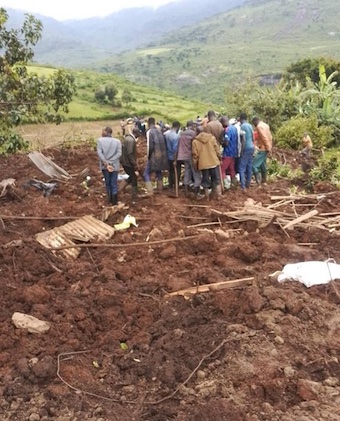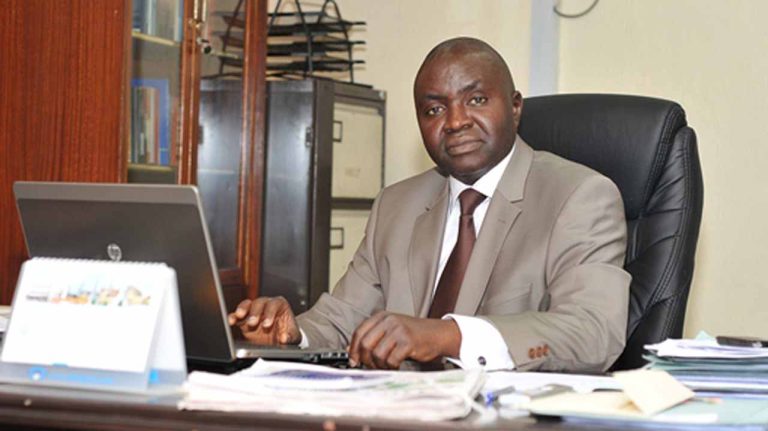
The death toll from the devastating landslides that struck parts of the Sebei sub-region has risen to 19, after three more bodies were recovered in Bukwo district on Sunday evening.

According to Fredmark Chesang, Sipi Region police spokesperson, the latest recoveries were made in Nyalit village, one of the worst-hit areas.
“We have recovered three more bodies, and we expect to find more as the search continues. The rescue and recovery operations are still underway,” Chesang said.
The landslides, which occurred between October 30 and November 1, 2025, followed days of heavy rainfall that battered the Elgon highlands, triggering massive soil movements across steep slopes.
The worst-affected areas include Kapsomu Cell in Kapchorwa Municipality, Kabelyo Parish in Bukwo district, and Chepkus village in Tuikat sub-county, Kween district. Authorities say more than 20 people remain missing, while dozens of homes, gardens, and roads have been buried under mud and debris.
Several families have been displaced, with some now sheltering in schools and churches as emergency teams continue to search for survivors. On Sunday, state minister for Relief, Disaster Preparedness and Refugees, Lilian Aber, convened an emergency meeting at Kapchorwa district headquarters, where she ordered the immediate relocation of all residents living in high-risk areas.
“We have ordered immediate relocation from high-risk zones to ensure no more lives are lost,” Aber said.
The government, with support from the Uganda Red Cross Society, is mobilising tarpaulins, food, and other relief items to support the affected families, she added.
Aber also delivered Shs 5 million from President Yoweri Museveni to assist with burial expenses for the bereaved families and Shs 1.5 million to support the injured in accessing medical care.
She further directed the Uganda People’s Defence Forces (UPDF) and Uganda Police Force to deploy additional personnel to assist with evacuation efforts and maintain security at temporary camps.
Environmental experts have long warned that deforestation, poor land use practices, and climate change have intensified the frequency and severity of landslides in the Sebei sub-region, which sits on the fragile slopes of Mount Elgon, one of Uganda’s most landslide-prone zones.
Although the government and humanitarian agencies have initiated relocation programmes to move families from high-risk hillsides to safer lowlands, progress has been slow due to limited resources, land disputes, and strong cultural ties to ancestral land.
As search and rescue teams continue to comb through the debris, local leaders are appealing for additional support, warning that continued rainfall could trigger more landslides in the coming days.



